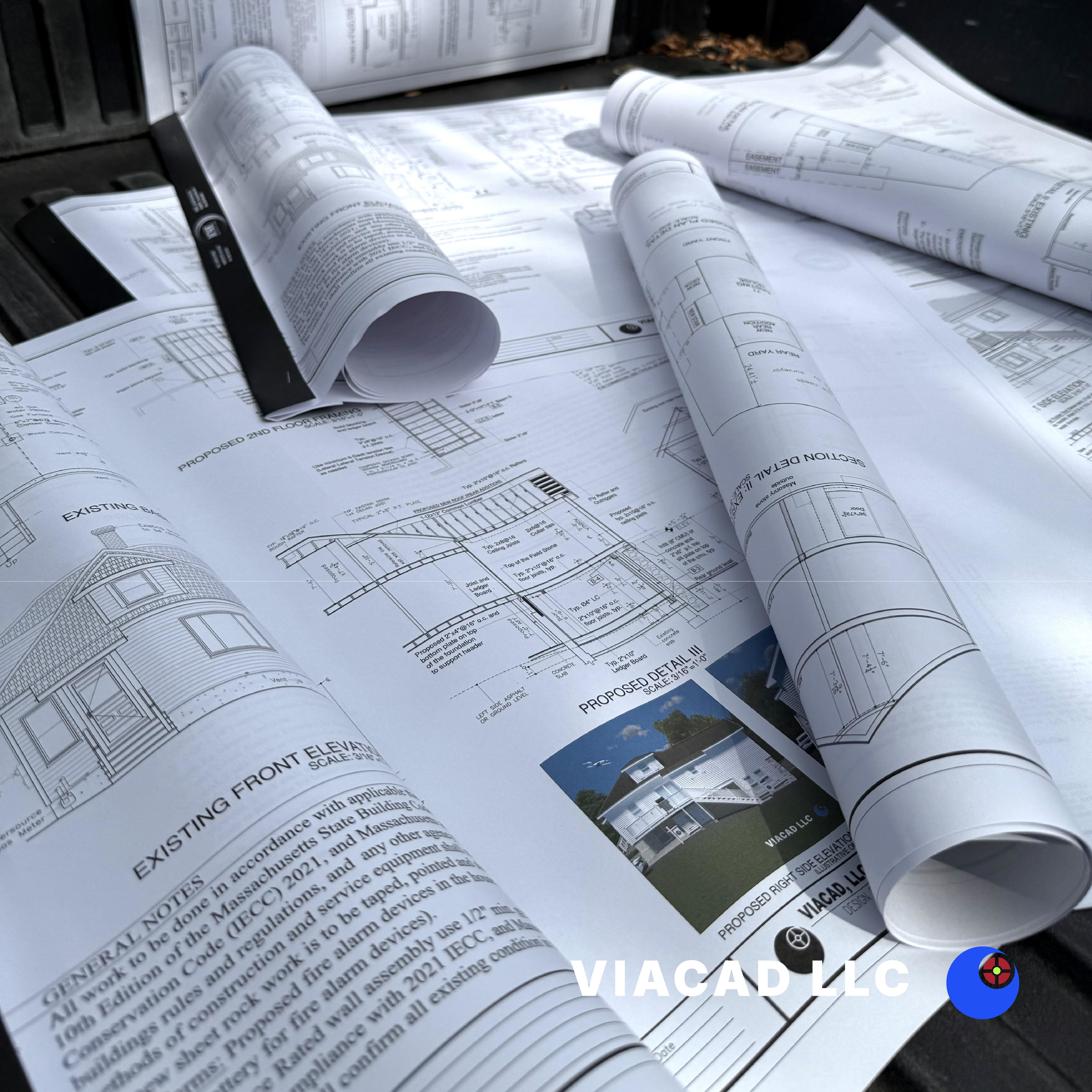
Basement flooding is a common and serious problem faced by many homeowners in Massachusetts, especially given the region’s high water tables, heavy rains, and seasonal snowmelt. Understanding how to keep your basement from flooding in Massachusetts is crucial to protect your property, maintain a dry basement, and avoid costly flood damage and health risks associated with moisture and mold. In this article, we will explore practical and effective strategies to prevent basement flooding, focusing on key preventative measures, structural safeguards, and professional solutions tailored to Massachusetts’ unique climate and soil conditions.
Basement flooding occurs when water enters your home’s foundation or basement walls due to various factors such as heavy rain, melting snow, or sewer backups. In Massachusetts, the combination of spring thaw, frequent storms, and high water tables means that water seeps through foundation cracks or leaks in basement walls more often than in many other regions. Concrete basement walls are particularly susceptible to water intrusion and should be regularly inspected for signs of seepage or efflorescence. This water infiltration can lead to wet carpet, hydrostatic pressure buildup against foundation walls, and even structural damage if left unaddressed.
Flooded basements not only cause significant property damage but also pose health risks by encouraging mold growth and creating damp, unhealthy environments. Recognizing the signs of basement floods such as dampness, visible leaks, or musty odors is the first step toward effective prevention.

Following steps to prevent basement flooding in Massachusetts can significantly reduce the chances of water entering your basement and causing damage.
Foundation cracks and leaks in basement walls are common entry points for water. It is essential to regularly inspect your foundation and basement walls for any cracks or gaps where water might seep in. Be sure to seal cracks promptly to prevent water infiltration and protect your home from potential damage. Using a waterproof sealant to fill these foundation cracks can create a protective barrier that blocks water from entering your home. This simple yet effective measure helps maintain the integrity of your foundation and keeps moisture out.
Sump pumps are vital tools in preventing basement flooding, especially during heavy rain or spring thaw when excess water accumulates around your home’s foundation. Installing a sump pump in your basement helps collect and release water away from your property, reducing hydrostatic pressure against foundation walls. Given that power outages often accompany severe weather in Massachusetts, it is wise to install a battery backup system for your sump pump to ensure continuous operation when electricity fails.
Proper landscaping and re grading around your property are crucial to redirect water flows away from your house. The ground should slope away from your foundation walls at a rate of at least six inches over the first ten feet. This prevents water from pooling near your basement walls and minimizes the risk of water entering through cracks. Additionally, maintaining grass or ground cover can help reduce soil erosion and absorb excess water.
Proper yard grading and landscaping matter greatly in reducing the risk of basement flooding.
Gutters and downspouts play an important role in channeling roof water away from your home. Regularly cleaning gutters to remove leaves and debris ensures that rainwater flows freely and does not overflow near your foundation. After cleaning, use a hose to flush the gutters and check that water flows properly through the entire system. Extending downspouts several feet away from your house further prevents water from saturating the soil near your basement walls.
For properties with persistent drainage issues, installing a french drain system can be an effective solution. French drains are trenches filled with gravel and a perforated pipe designed to collect and redirect groundwater away from your foundation. This system helps manage excess water and significantly reduces the risk of basement floods during heavy rain or snowmelt.
In some cases, basement flooding results from sewer backups or plumbing leaks rather than groundwater. Massachusetts homeowners should be aware of the risk of sewage entering basements, particularly during storms or heavy rain when sewers may become overwhelmed. Installing backflow valves can prevent sewage from flowing back into your basement, protecting your home from dangerous contaminants. If floodwater or sewage does enter the basement, prompt and thorough cleanup is essential to prevent further damage and health risks.
Regularly inspecting your plumbing system and promptly repairing leaks or damaged pipes also helps prevent water damage inside your basement.
Winter weather in Massachusetts brings snow and ice that can contribute to basement flooding as snow melts in the spring. Performing essential maintenance tasks such as gutter cleaning, system inspections, and yard grading in the fall is crucial to prepare for winter and prevent basement flooding. Protecting your basement involves winterizing your property by ensuring gutters and downspouts remain clear and functional throughout the cold months. Additionally, covering outdoor faucets and insulating exposed pipes can prevent leaks and water damage during freezing temperatures.
While many homeowners can take proactive steps to prevent basement flooding, certain situations require professional assistance. If you notice persistent leaks, a flooded basement, or foundation cracks that worsen over time, it is important to consult experts in foundation repair, waterproofing, and construction management.
Professional services can provide comprehensive solutions such as installing advanced sump pump systems, applying waterproof coatings to basement walls, performing foundation repairs, and offering zoning consulting for property improvements. Getting multiple quotes and working with experienced professionals in New England ensures you invest wisely in protecting your home.
Don't wait until a flood or major issue occurs; review your flood prevention measures and seek professional help before an emergency happens.
Preventing basement flooding in Massachusetts is an ongoing process that requires regular maintenance and vigilance. By sealing foundation cracks, installing reliable sump pumps with battery backups, improving yard grading, maintaining gutters, and addressing plumbing issues, homeowners can significantly reduce the risk of flood damage.
Taking these measures not only protects your investment but also provides peace of mind knowing your basement remains dry and secure against the challenges posed by heavy rains, snowmelt, and seasonal weather in Massachusetts. These ongoing prevention and maintenance efforts provide security for homeowners against unexpected flooding and water damage.
Knowing how to keep your basement from flooding in Massachusetts is essential for every homeowner who wants to safeguard their property from water damage and health risks. By understanding the causes of basement floods and implementing preventative strategies such as sealing cracks, installing sump pumps, improving drainage, and seeking professional help when needed, you can maintain a dry basement and protect your home year-round. Homeowners should also review their insurance policies to understand what types of basement flooding and water damage are covered, and consider additional coverage if necessary. With the right approach, you can turn the serious problem of basement flooding into a manageable and preventable issue, ensuring the safety and comfort of your Massachusetts home.


Currently accepting projects in Massachusetts.